 Technology peripherals
Technology peripherals
 AI
AI
 2024 Youth Robot Technology Level Examination (Level 1-4), a certificate that every child who learns robotics should have
2024 Youth Robot Technology Level Examination (Level 1-4), a certificate that every child who learns robotics should have
2024 Youth Robot Technology Level Examination (Level 1-4), a certificate that every child who learns robotics should have
Youth Robot Technology Level Test Level 1-4
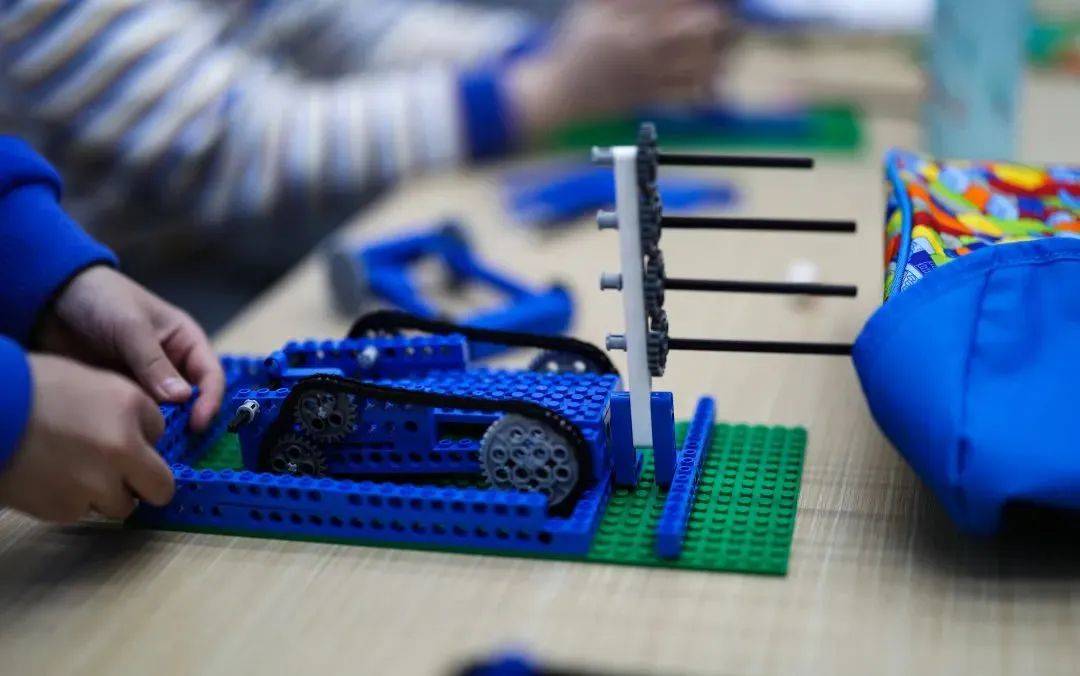
【Appropriate age】: Grade 1-4
[Teaching format]: Offline high-quality small class class
[Class start time]: Contact each learning center of Stan Planet for details
About the Youth Robot Technology Level Examination
Youth Robot Technology Level Examination is initiated by the China Institute of Electronics and is a social evaluation project for the level of youth robotics technology.

The examination standards of the Youth Robot Technology Grade Examination draw on the talent selection standards of domestic and foreign universities, support the practice and engineering concepts of maker education, and are in line with the main technical framework for artificial intelligence to enter programming education in primary and secondary schools.
Comprehensively examine the knowledge and practical abilities of young people in mechanical structures, electronic circuits, software programming, intelligent hardware applications, sensor applications, communications, etc.
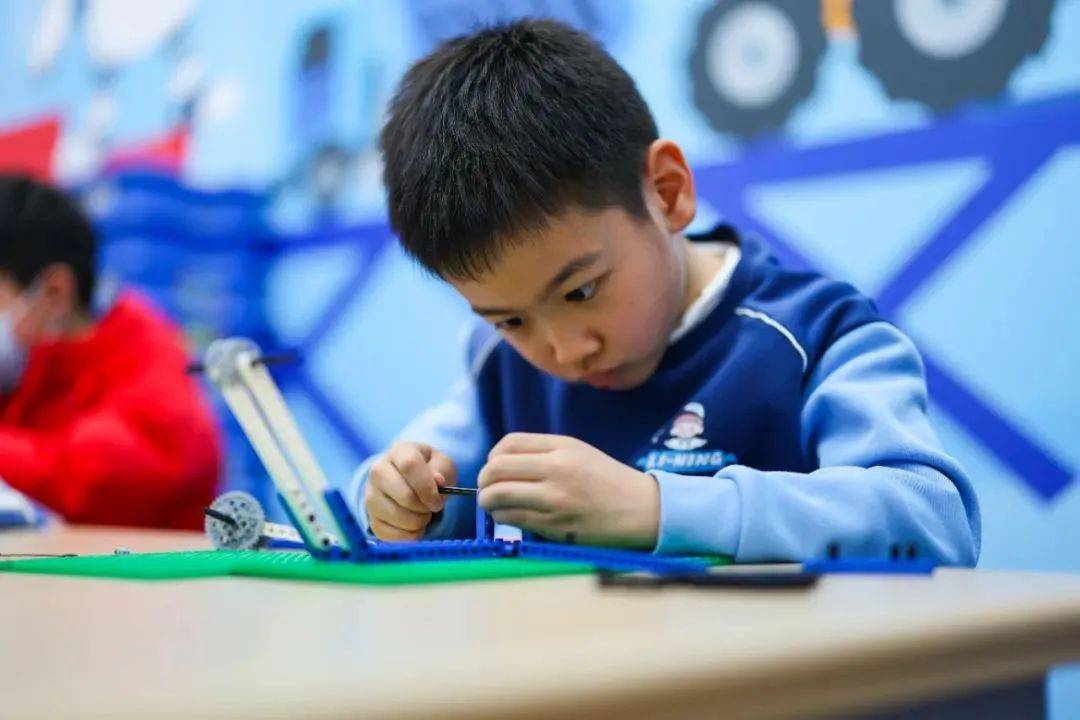
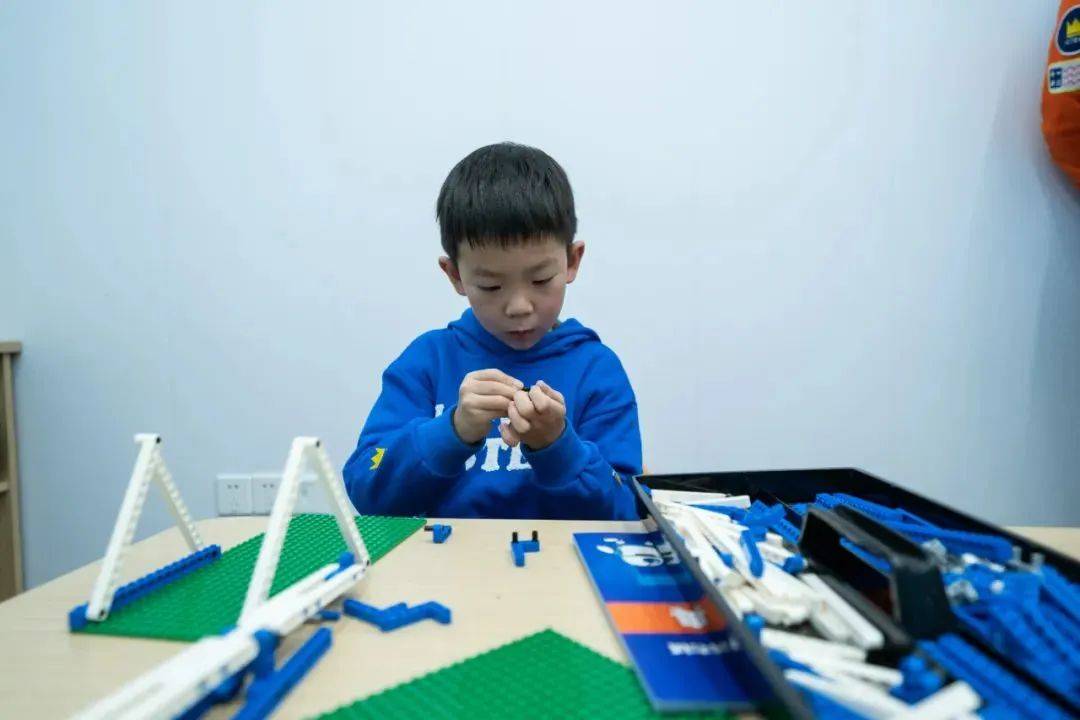
The youth robotics technology level examination adopts a computer online examination combined with practical operations. The examination adopts a level-by-level registration system. Only candidates who pass the first-level examination are eligible to apply for the second-level examination, and so on.
* Students taking the exam for the first time must start from Level 1
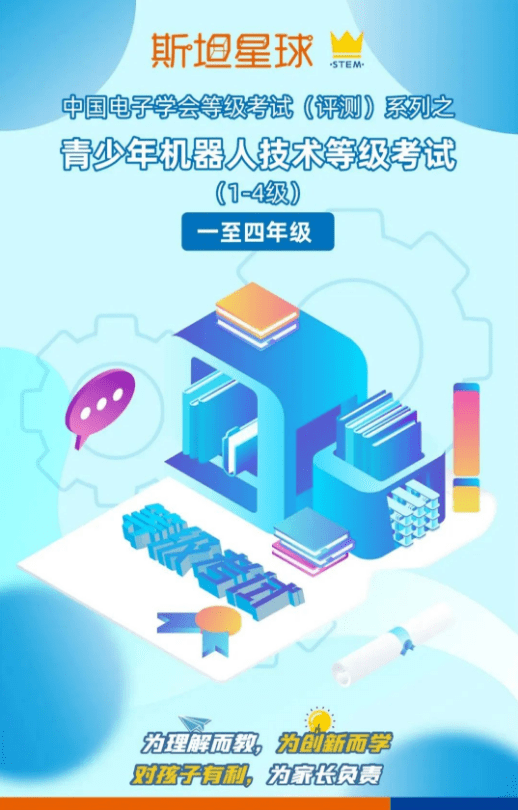
How valuable is the robot level exam?
The Robot Level Certificate is issued by the China Electronics Society and is one of the important certificates for young people in their academic development and professional selection. In the process of participating in the robot level examination, children will gain practical skills, logical thinking, develop scientific and technological expertise, and help children's personal resume.
The scores are also recognized by the International Information Science Examination Society (EXIN) and the World Youth Exploration and Discovery Association, which will also be helpful for children to apply for studying abroad in the future. (Information comes from the official website of China Electronics Society)
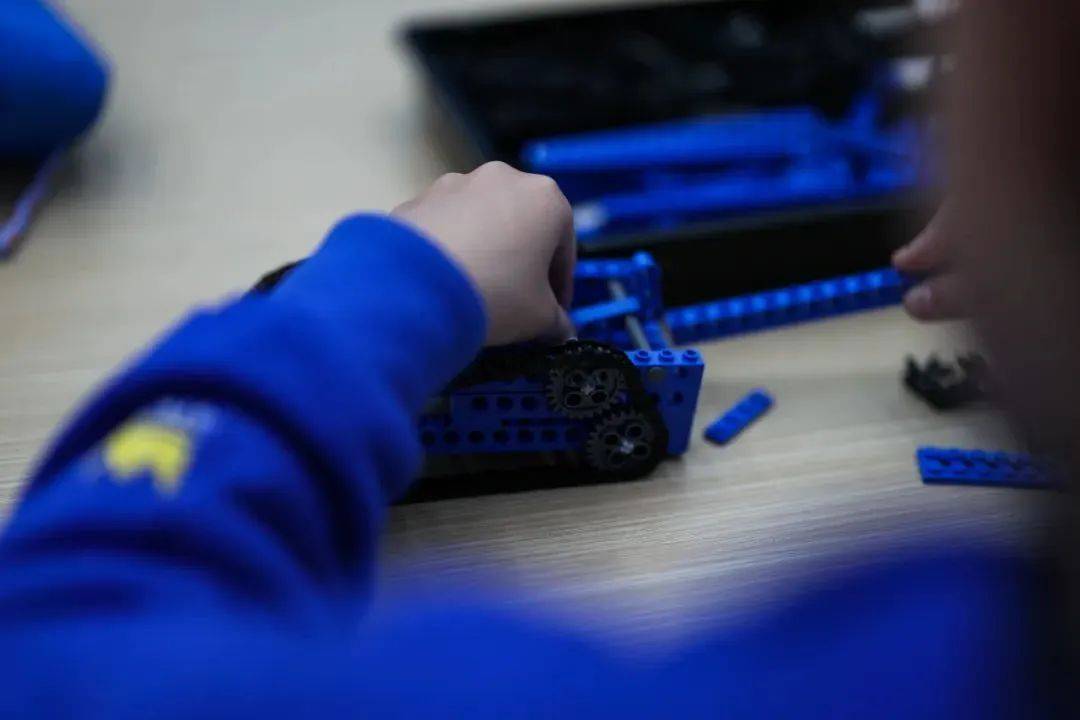
Let’s learn about the Youth Robotics Level Examination together!
Youth Robot Technology Level Examination
organizer:
China Electronics Society

Exam Certificate:
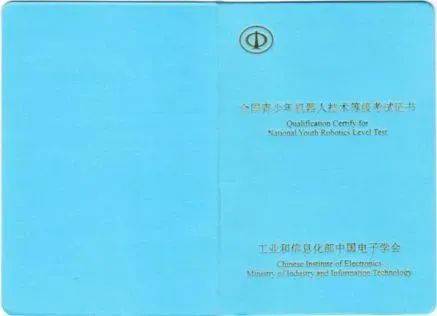

Assessment format:
The exam is divided into eight levels, which need to be taken step by step.
Level 1: Students taking the exam for the first time;
Second level: students who passed the first level examination;
Level 3: Students who passed the Level 2 exam;
The exam is divided into levels from level one to level eight from low to high. Level 8 and above are connected to the National Qualification Certification of Electronic Information Professional Technology (QCEIT) of the China Electronics Society and enter the electronic information engineer sequence.
The exam starts from the introductory practice of mechanics, mechanical principles, electronic information and software technology, guiding young people to establish engineering and systematic logical thinking, making the youth robotics technology level exam more popular, interesting and practical.
Assessment criteria:
⭐First and second level examination standards:
Robot construction, common knowledge about robots...
⭐Level 3 examination standards:
Open source hardware, graphical programming software applications...
⭐ Level 4 exam standards:
Advanced Sensor Awareness and Applications...
⭐Level 5 examination standards:
Robot applications based on the Internet of Things...
⭐ Level 6 exam standards:
Large and complex robots, focusing on artificial intelligence...
Exam question type:
The national unified proposition, unified examination management, unified examination time, and unified certificate issuance. The examination questions are unified or reviewed by the Youth Robot Technology Level Examination Standards Group of the China Electronics Society.
The exam is divided into two parts: a written test and a practical test. Among them, the written examination is conducted on the online examination platform of the official website, and the actual operation is conducted in the designated examination room.
1. The written test questions are objective questions, mainly composed of single-choice questions, multiple-choice questions, judgment questions and other question types.
2. The actual operation questions are small proposition-type projects, including construction, debugging, installation, programming and display.
The Youth Robot Level Examination, as a social evaluation project for youth robotics technology ability initiated for young people, has a positive impact on the development of STEM education.
Stan Planet also wants to take this opportunity to promote the popularization of robot technology among teenagers, guide them to learn, apply and develop robot-related technologies, and improve their scientific and technological innovation capabilities.
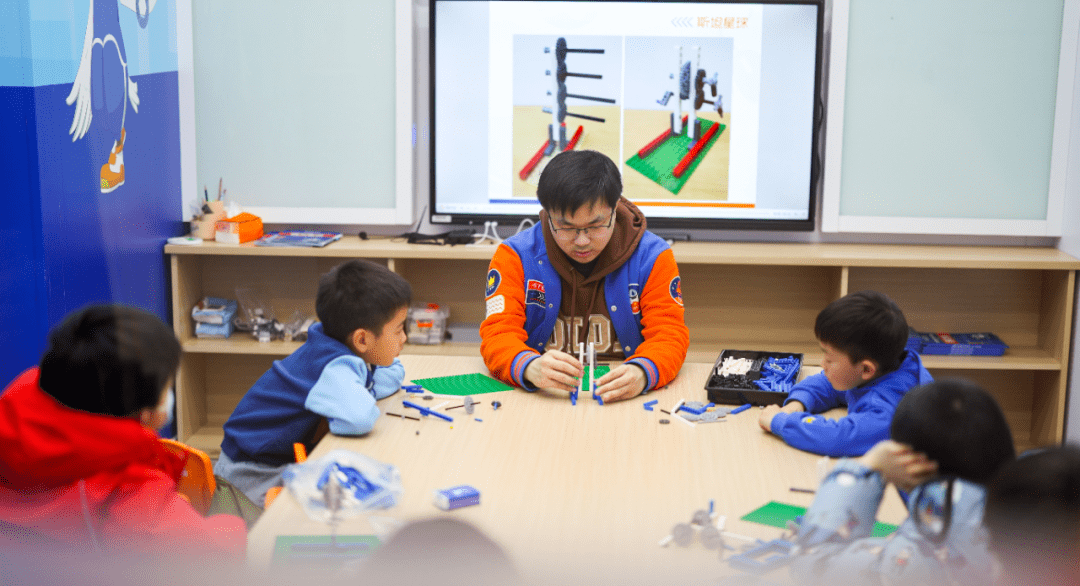
Direct access to previous robotics technology level examination rooms
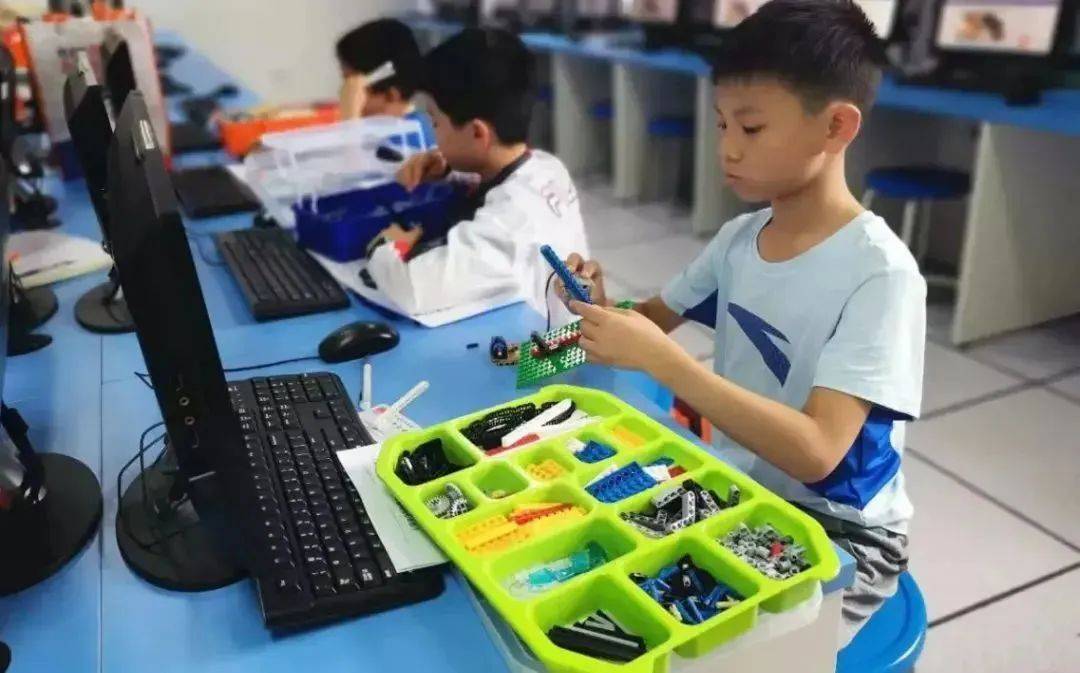
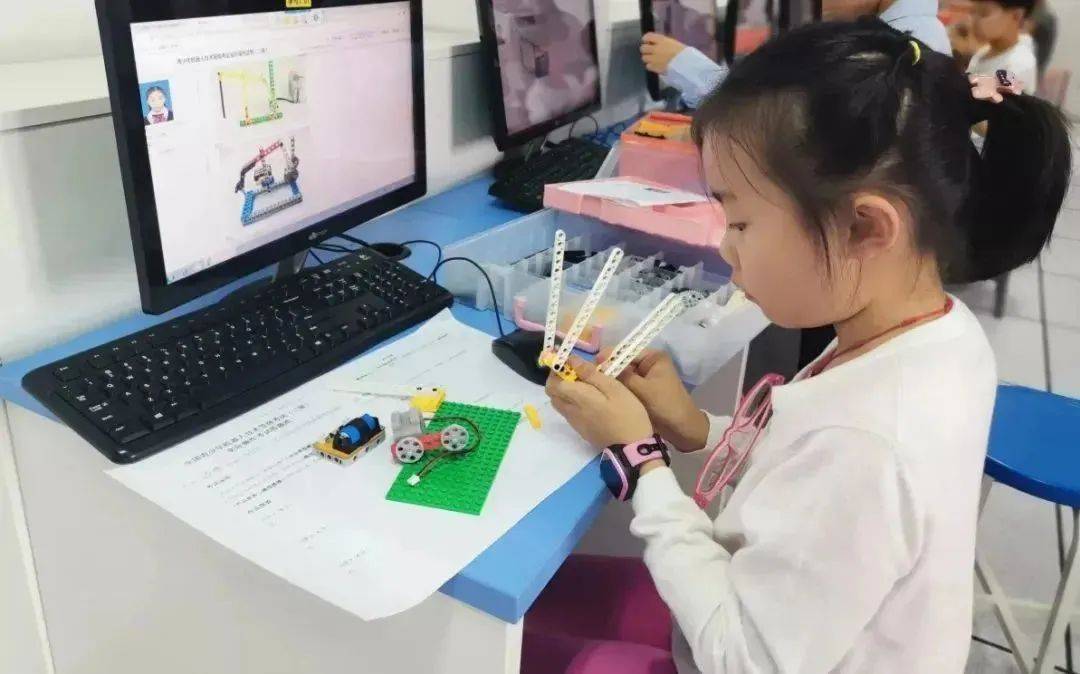
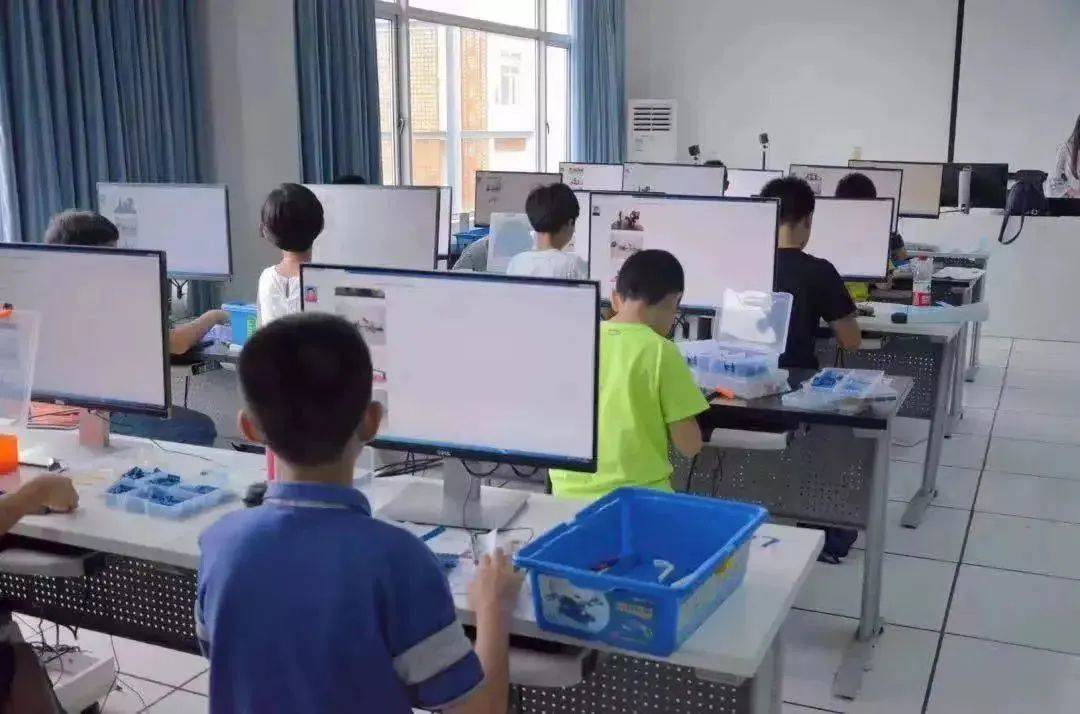
In addition to pre-exam arrangements, score inquiry matters after the robot level examXiaobai has also arranged it for you!
⭐Suitable for school age: Grade 1-4
⭐Teaching format: Offline high-quality interactive small class class
⭐Starting time: Contact each learning center of Stan Planet for details
This winter, come to Planet Winter Vacation Technology Camp
Sprint Youth Robot Technology Level Examination Level 1-4
Wish all the students taking the exam
can achieve good results!
The above is the detailed content of 2024 Youth Robot Technology Level Examination (Level 1-4), a certificate that every child who learns robotics should have. For more information, please follow other related articles on the PHP Chinese website!

Hot AI Tools

Undresser.AI Undress
AI-powered app for creating realistic nude photos

AI Clothes Remover
Online AI tool for removing clothes from photos.

Undress AI Tool
Undress images for free

Clothoff.io
AI clothes remover

AI Hentai Generator
Generate AI Hentai for free.

Hot Article

Hot Tools

Notepad++7.3.1
Easy-to-use and free code editor

SublimeText3 Chinese version
Chinese version, very easy to use

Zend Studio 13.0.1
Powerful PHP integrated development environment

Dreamweaver CS6
Visual web development tools

SublimeText3 Mac version
God-level code editing software (SublimeText3)

Hot Topics
 1385
1385
 52
52
 The Stable Diffusion 3 paper is finally released, and the architectural details are revealed. Will it help to reproduce Sora?
Mar 06, 2024 pm 05:34 PM
The Stable Diffusion 3 paper is finally released, and the architectural details are revealed. Will it help to reproduce Sora?
Mar 06, 2024 pm 05:34 PM
StableDiffusion3’s paper is finally here! This model was released two weeks ago and uses the same DiT (DiffusionTransformer) architecture as Sora. It caused quite a stir once it was released. Compared with the previous version, the quality of the images generated by StableDiffusion3 has been significantly improved. It now supports multi-theme prompts, and the text writing effect has also been improved, and garbled characters no longer appear. StabilityAI pointed out that StableDiffusion3 is a series of models with parameter sizes ranging from 800M to 8B. This parameter range means that the model can be run directly on many portable devices, significantly reducing the use of AI
 The second generation Ameca is here! He can communicate with the audience fluently, his facial expressions are more realistic, and he can speak dozens of languages.
Mar 04, 2024 am 09:10 AM
The second generation Ameca is here! He can communicate with the audience fluently, his facial expressions are more realistic, and he can speak dozens of languages.
Mar 04, 2024 am 09:10 AM
The humanoid robot Ameca has been upgraded to the second generation! Recently, at the World Mobile Communications Conference MWC2024, the world's most advanced robot Ameca appeared again. Around the venue, Ameca attracted a large number of spectators. With the blessing of GPT-4, Ameca can respond to various problems in real time. "Let's have a dance." When asked if she had emotions, Ameca responded with a series of facial expressions that looked very lifelike. Just a few days ago, EngineeredArts, the British robotics company behind Ameca, just demonstrated the team’s latest development results. In the video, the robot Ameca has visual capabilities and can see and describe the entire room and specific objects. The most amazing thing is that she can also
 This article is enough for you to read about autonomous driving and trajectory prediction!
Feb 28, 2024 pm 07:20 PM
This article is enough for you to read about autonomous driving and trajectory prediction!
Feb 28, 2024 pm 07:20 PM
Trajectory prediction plays an important role in autonomous driving. Autonomous driving trajectory prediction refers to predicting the future driving trajectory of the vehicle by analyzing various data during the vehicle's driving process. As the core module of autonomous driving, the quality of trajectory prediction is crucial to downstream planning control. The trajectory prediction task has a rich technology stack and requires familiarity with autonomous driving dynamic/static perception, high-precision maps, lane lines, neural network architecture (CNN&GNN&Transformer) skills, etc. It is very difficult to get started! Many fans hope to get started with trajectory prediction as soon as possible and avoid pitfalls. Today I will take stock of some common problems and introductory learning methods for trajectory prediction! Introductory related knowledge 1. Are the preview papers in order? A: Look at the survey first, p
 How can AI make robots more autonomous and adaptable?
Jun 03, 2024 pm 07:18 PM
How can AI make robots more autonomous and adaptable?
Jun 03, 2024 pm 07:18 PM
In the field of industrial automation technology, there are two recent hot spots that are difficult to ignore: artificial intelligence (AI) and Nvidia. Don’t change the meaning of the original content, fine-tune the content, rewrite the content, don’t continue: “Not only that, the two are closely related, because Nvidia is expanding beyond just its original graphics processing units (GPUs). The technology extends to the field of digital twins and is closely connected to emerging AI technologies. "Recently, NVIDIA has reached cooperation with many industrial companies, including leading industrial automation companies such as Aveva, Rockwell Automation, Siemens and Schneider Electric, as well as Teradyne Robotics and its MiR and Universal Robots companies. Recently,Nvidiahascoll
 After 2 months, the humanoid robot Walker S can fold clothes
Apr 03, 2024 am 08:01 AM
After 2 months, the humanoid robot Walker S can fold clothes
Apr 03, 2024 am 08:01 AM
Editor of Machine Power Report: Wu Xin The domestic version of the humanoid robot + large model team completed the operation task of complex flexible materials such as folding clothes for the first time. With the unveiling of Figure01, which integrates OpenAI's multi-modal large model, the related progress of domestic peers has been attracting attention. Just yesterday, UBTECH, China's "number one humanoid robot stock", released the first demo of the humanoid robot WalkerS that is deeply integrated with Baidu Wenxin's large model, showing some interesting new features. Now, WalkerS, blessed by Baidu Wenxin’s large model capabilities, looks like this. Like Figure01, WalkerS does not move around, but stands behind a desk to complete a series of tasks. It can follow human commands and fold clothes
 The first robot to autonomously complete human tasks appears, with five fingers that are flexible and fast, and large models support virtual space training
Mar 11, 2024 pm 12:10 PM
The first robot to autonomously complete human tasks appears, with five fingers that are flexible and fast, and large models support virtual space training
Mar 11, 2024 pm 12:10 PM
This week, FigureAI, a robotics company invested by OpenAI, Microsoft, Bezos, and Nvidia, announced that it has received nearly $700 million in financing and plans to develop a humanoid robot that can walk independently within the next year. And Tesla’s Optimus Prime has repeatedly received good news. No one doubts that this year will be the year when humanoid robots explode. SanctuaryAI, a Canadian-based robotics company, recently released a new humanoid robot, Phoenix. Officials claim that it can complete many tasks autonomously at the same speed as humans. Pheonix, the world's first robot that can autonomously complete tasks at human speeds, can gently grab, move and elegantly place each object to its left and right sides. It can autonomously identify objects
 DualBEV: significantly surpassing BEVFormer and BEVDet4D, open the book!
Mar 21, 2024 pm 05:21 PM
DualBEV: significantly surpassing BEVFormer and BEVDet4D, open the book!
Mar 21, 2024 pm 05:21 PM
This paper explores the problem of accurately detecting objects from different viewing angles (such as perspective and bird's-eye view) in autonomous driving, especially how to effectively transform features from perspective (PV) to bird's-eye view (BEV) space. Transformation is implemented via the Visual Transformation (VT) module. Existing methods are broadly divided into two strategies: 2D to 3D and 3D to 2D conversion. 2D-to-3D methods improve dense 2D features by predicting depth probabilities, but the inherent uncertainty of depth predictions, especially in distant regions, may introduce inaccuracies. While 3D to 2D methods usually use 3D queries to sample 2D features and learn the attention weights of the correspondence between 3D and 2D features through a Transformer, which increases the computational and deployment time.
 Ten humanoid robots shaping the future
Mar 22, 2024 pm 08:51 PM
Ten humanoid robots shaping the future
Mar 22, 2024 pm 08:51 PM
The following 10 humanoid robots are shaping our future: 1. ASIMO: Developed by Honda, ASIMO is one of the most well-known humanoid robots. Standing 4 feet tall and weighing 119 pounds, ASIMO is equipped with advanced sensors and artificial intelligence capabilities that allow it to navigate complex environments and interact with humans. ASIMO's versatility makes it suitable for a variety of tasks, from assisting people with disabilities to delivering presentations at events. 2. Pepper: Created by Softbank Robotics, Pepper aims to be a social companion for humans. With its expressive face and ability to recognize emotions, Pepper can participate in conversations, help in retail settings, and even provide educational support. Pepper's



